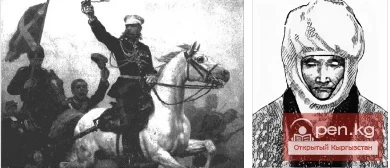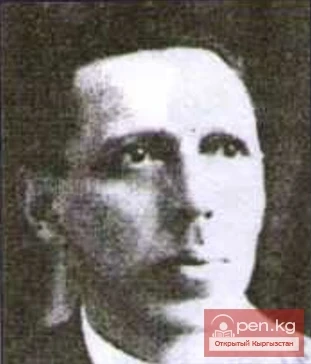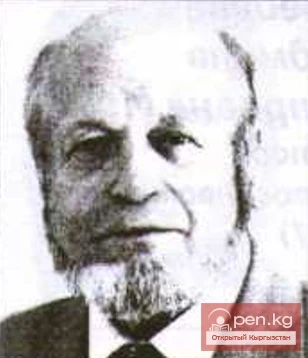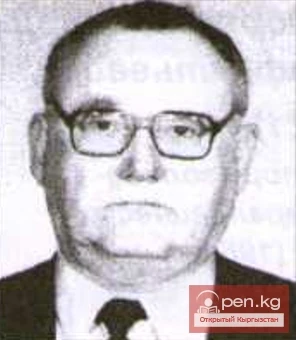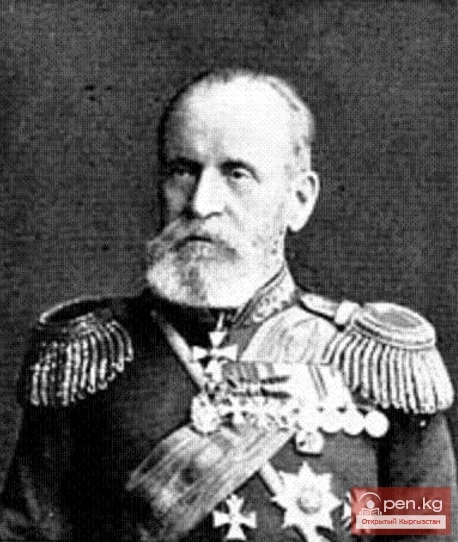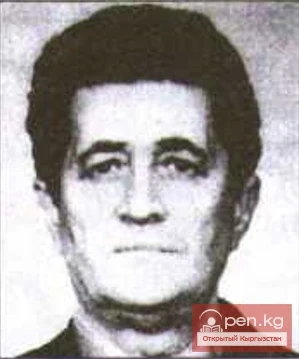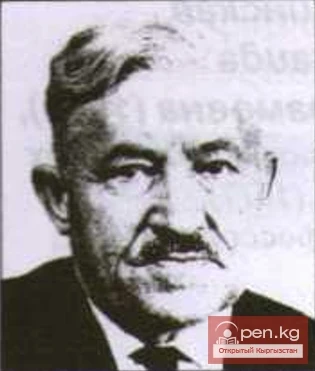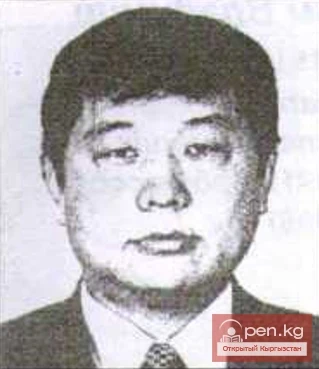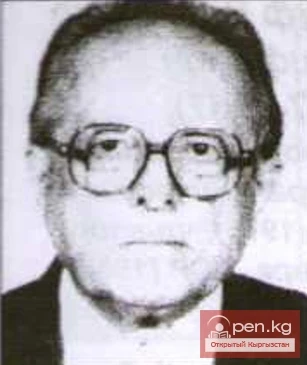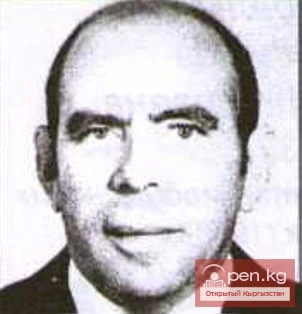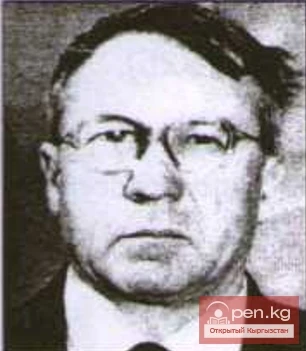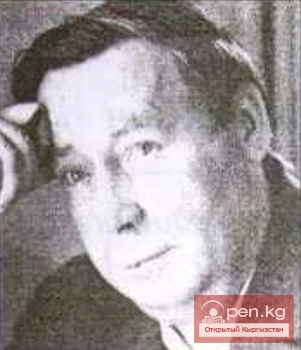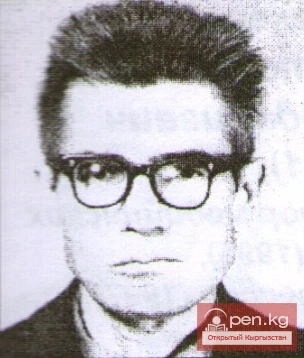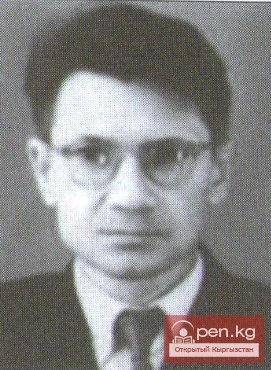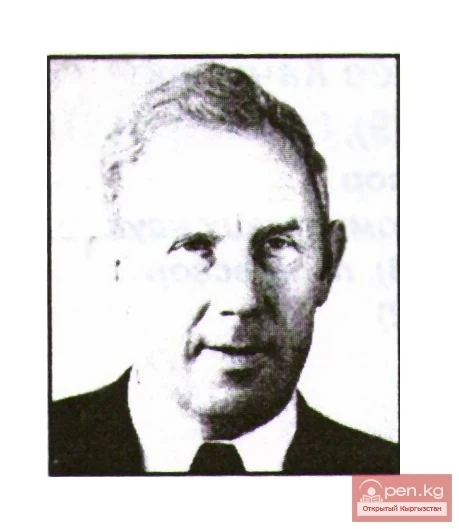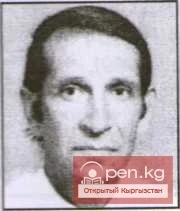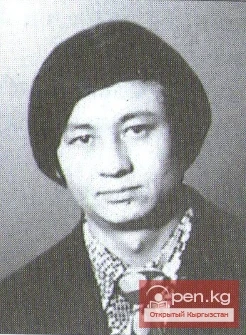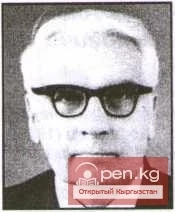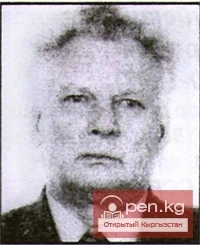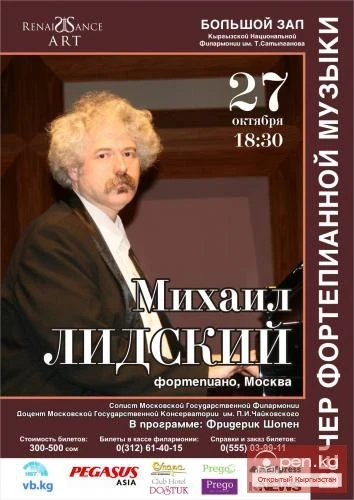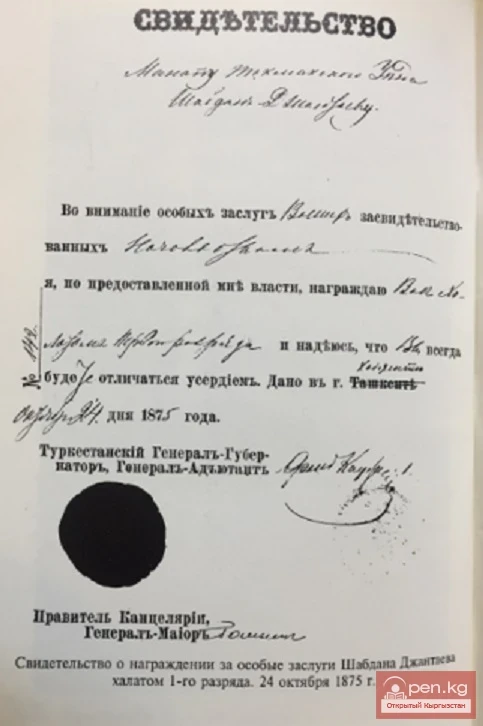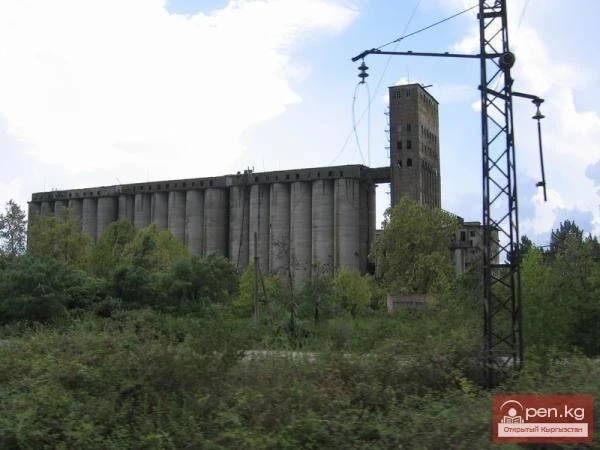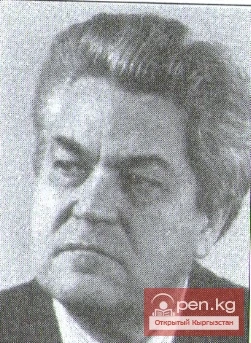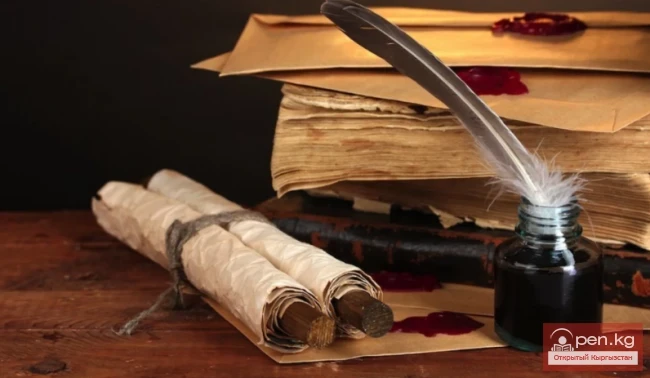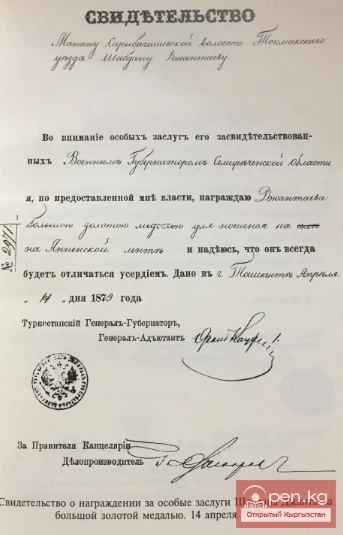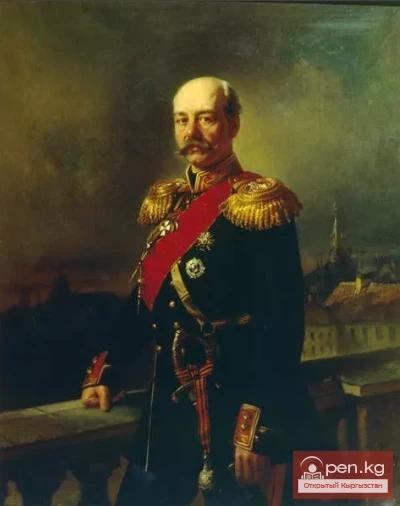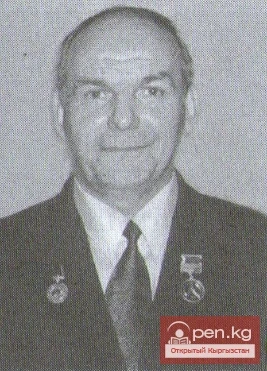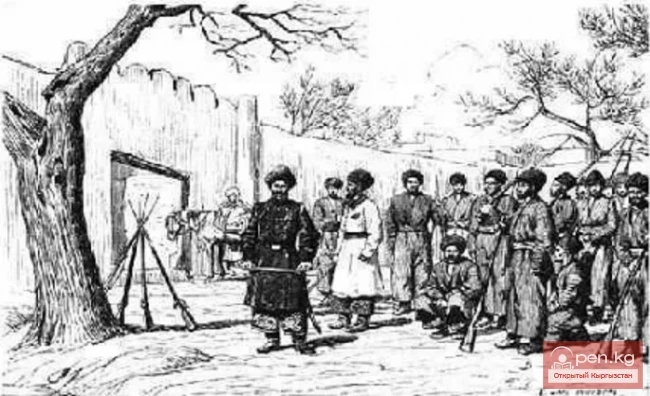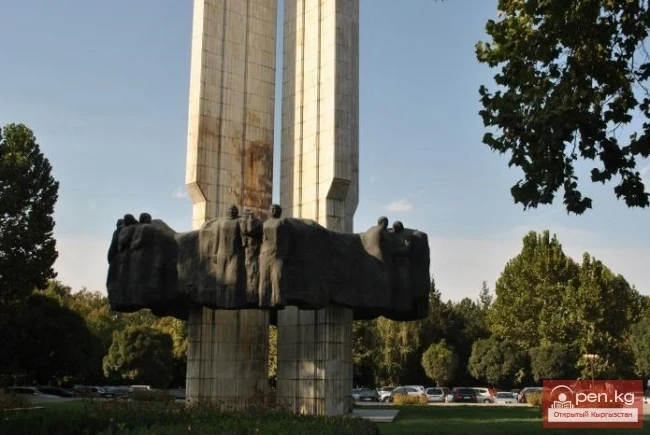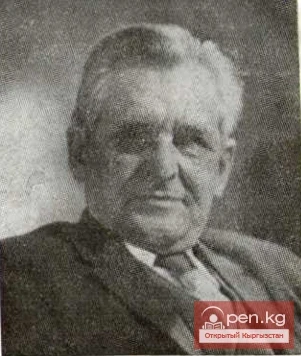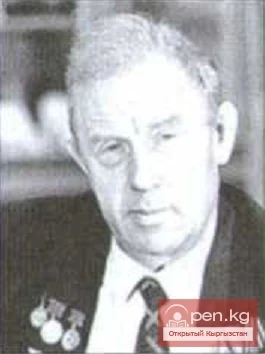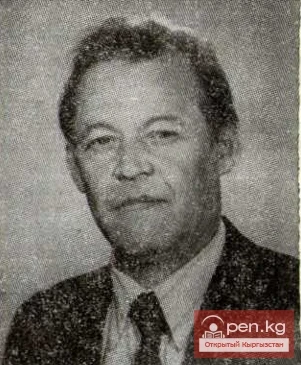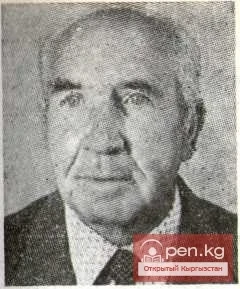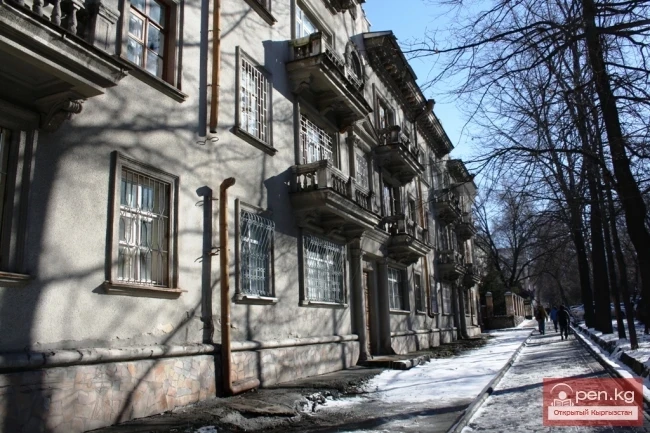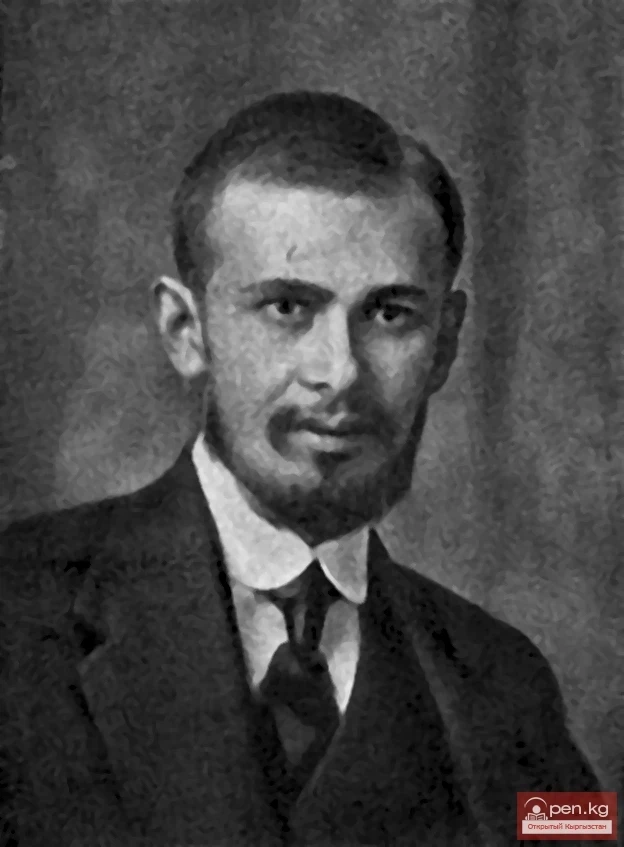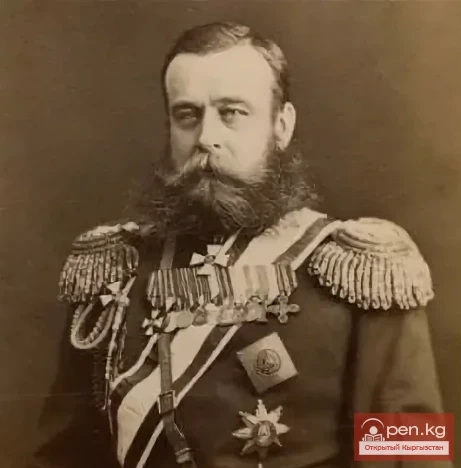
GIFT TO THE "WHITE GENERAL"
When the legendary ruler Alai is mentioned, the name of the conqueror of Kokand, Russian infantry general and adjutant general Mikhail Dmitrievich Skobelev, inevitably comes to the mind of almost any European interested in the history of Central Asia.
The fate of this man, nicknamed the "White General" in the East, is characteristic. It can be considered a kind of standard biography of a Russian officer-orientalist, in which the courage of a soldier organically merged with the enthusiasm of a scholar-explorer. Thus, Mikhail Dmitrievich was born in St. Petersburg on September 17, 1843.
According to some sources, he spent his childhood and adolescence in his father's estate, Lieutenant General D.I. Skobelev. He was raised by a German tutor, with whom the boy did not get along. He was later sent to Paris to a boarding school run by a Frenchman, Girardé. Over time, Girardé became a close friend of D. Skobelev, followed him to Russia, and was even with him during military actions. Later, Mikhail continued his education in Russia. From 1858 to 1860, Skobelev prepared to enter St. Petersburg University under the general supervision of Academician A.V. Nikitenko, and these studies were quite successful. Skobelev passed the exams successfully, but the university was temporarily closed due to student unrest.
Then, on November 22, 1861, Mikhail Skobelev entered military service in the Cavalry Guard Regiment. After passing the exam, Mikhail Skobelev was promoted to portepee cadet on September 8, 1862, and to cornet on March 31, 1863. In February 1864, he accompanied as an orderly Adjutant General Count Baranov, who was sent to Warsaw to announce the Manifesto on the liberation of the peasants and their allocation of land.
Skobelev requested a transfer to the Life Guards Grodno Hussar Regiment, which was conducting military operations against Polish insurgents, and on March 19, 1864, he was transferred. Even before the transfer, Mikhail Skobelev spent his leave as a volunteer in one of the regiments pursuing Shpak's detachment.
From March 31, Skobelev participated in the destruction of band formations in the detachment of Lieutenant Colonel Zankisov. For the destruction of Shemiot's detachment in the Radkovitsky forest, Skobelev was awarded the Order of St. Anna of the 4th class "For Bravery." In 1864, he went on leave abroad to observe the theater of military operations of the Danes against the Germans.
Then, on August 30, 1864, Skobelev was promoted to lieutenant. In the autumn of 1866, he entered the Nikolaev Academy of the General Staff. Upon graduation from the academy in 1868, Skobelev ranked 13th out of 26 officers assigned to the General Staff. Skobelev had unremarkable success in military statistics and surveying, especially in geodesy, but this was compensated by the fact that in military arts he ranked second, and in military history first in his entire graduating class, as well as being among the top in foreign and Russian languages, political history, and many other subjects.
At the request of the commander of the troops of the Turkestan Military District, Adjutant General von Kaufman, Skobelev was promoted to staff rotmister and in November 1868 was assigned to the Turkestan District. He arrived at his place of service in Tashkent in early 1869 and initially served in the district staff. There, our hero studied local combat methods, conducted reconnaissance, and participated in minor operations on the Bukhara border, demonstrating personal bravery.
Unfortunately, Skobelev's relationships with the personnel did not go well. Mikhail Dmitrievich turned part of the Cossacks against himself. In addition, Skobelev was challenged to a duel by two representatives of Tashkent's "golden youth," which turned the command against him, represented by General Kaufman. As a result, in late autumn 1870, Mikhail was assigned to the disposal of the Commander-in-Chief of the Caucasian Army, and in March 1871, Skobelev was sent to the Krasnovodsk detachment, where he commanded the cavalry. Skobelev received an important assignment: with his detachment, he was to conduct reconnaissance of the routes to Khiva. According to currently available data, he conducted reconnaissance of the route to the Sarykamysh well, covering a difficult road with a lack of water and scorching heat from Mullahkari to Uzunkuy, 437 km (410 versts) in 9 days, and back to Kum-Sebshen 134 km (126 versts) in 16.5 hours at an average speed of 48 km (45 versts) per day; he was accompanied by only three Cossacks and three Turkmen. Skobelev presented a detailed description of the route and the roads leading from the wells. However, Skobelev unilaterally reviewed the plan for the upcoming operation against Khiva, for which he was dismissed for an 11-month leave in the summer of 1871 and discharged to the regiment. However, in April 1872, he was again assigned to the main staff "for written work."
He participated in the preparation of the field trip for the officers of the staff and the St. Petersburg military district to the Kovno and Courland provinces, and then took part in it himself. After that, on June 5, he was transferred to the General Staff as a captain, appointed senior adjutant of the staff of the 22nd Infantry Division in Novgorod, and already on August 30, 1872, he was appointed to the rank of lieutenant colonel with the appointment as a staff officer for assignments at the headquarters of the Moscow Military District. He did not stay long in Moscow and was soon attached to the 74th Infantry Stavropol Regiment to command a battalion. He performed his service requirements there diligently. Skobelev established good relationships with both subordinates and superiors.
In the spring of 1873, Skobelev participated in the Khivan campaign as a general staff officer with the Mangyshlak detachment of Colonel Lomakin. At that time, Khiva was the target for Russian detachments advancing from different points: Turkestan, Krasnovodsk, Mangyshlak, and Orenburg detachments. Although the route of the Mangyshlak detachment was not the longest, it was still fraught with difficulties that increased due to a lack of camels (only 1500 camels for 2140 people) and water (up to half a bucket per person). In Skobelev's echelon, all service horses had to be loaded, as the camels could not carry everything that was supposed to be transported on them. They set out on April 16, and Skobelev, like other officers, walked on foot.
While passing the section from Lake Kaudy to the Senek well (70 versts), the water ran out halfway. On April 18, they reached the well. Skobelev proved himself to be a skilled commander and organizer in a difficult situation, and when they set out on April 20 from Bishakty, he already commanded the advance echelon (2, later 3 companies, 25-30 Cossacks, 2 guns, and a sapper team). Skobelev maintained perfect order in his echelon while also caring for the needs of the soldiers. The troops covered 200 versts (210 km) and arrived in Iteldzhe by April 30.
Skobelev constantly conducted reconnaissance to ensure the safety of the troop's passage and the inspection of wells. Skobelev, with a mounted detachment, moved ahead of the army to protect the wells. Thus, on May 5, near the Itybai well, Skobelev with a detachment of 10 horsemen encountered a caravan of Kazakhs who had switched sides to Khiva. Despite being outnumbered, Skobelev charged into battle, receiving 7 wounds from spears and sabers and was unable to sit on a horse until May 20.
After Skobelev was incapacitated, the Mangyshlak and Orenburg detachments merged in Kungrad and, under the command of Major General N.A. Veryovkin, continued their advance towards Khiva (250 versts) through very rugged terrain, cut by numerous canals, overgrown with reeds and bushes, covered with fields, fences, and gardens. The Khivans, numbering 6000, attempted to stop the Russian detachment near Khojaily, Mangyta, and other settlements, but unsuccessfully.
Skobelev returned to the ranks and on May 21, with two hundred men and a rocket team, moved towards Mount Kobetau and along the Karauz canal to raid and destroy Turkmen auls, to punish the Turkmen for their hostile actions against the Russians; he executed this assignment precisely.
On May 22, with three companies and two guns, he covered the wheeled convoy, repelling a series of enemy attacks, and from May 24, when the Russian troops were stationed near Chinakchik (8 versts from Khiva), the Khivans attacked the camel convoy. Skobelev quickly realized what was happening and moved with two hundred men stealthily through the gardens to the rear of the Khivans, encountered a large detachment of 1000 men, routed them to the approaching cavalry, then attacked the Khivan infantry, put them to flight, and recovered 400 camels that had been taken by the enemy.
Military Orientalism about the homeland of the Alai Queen
